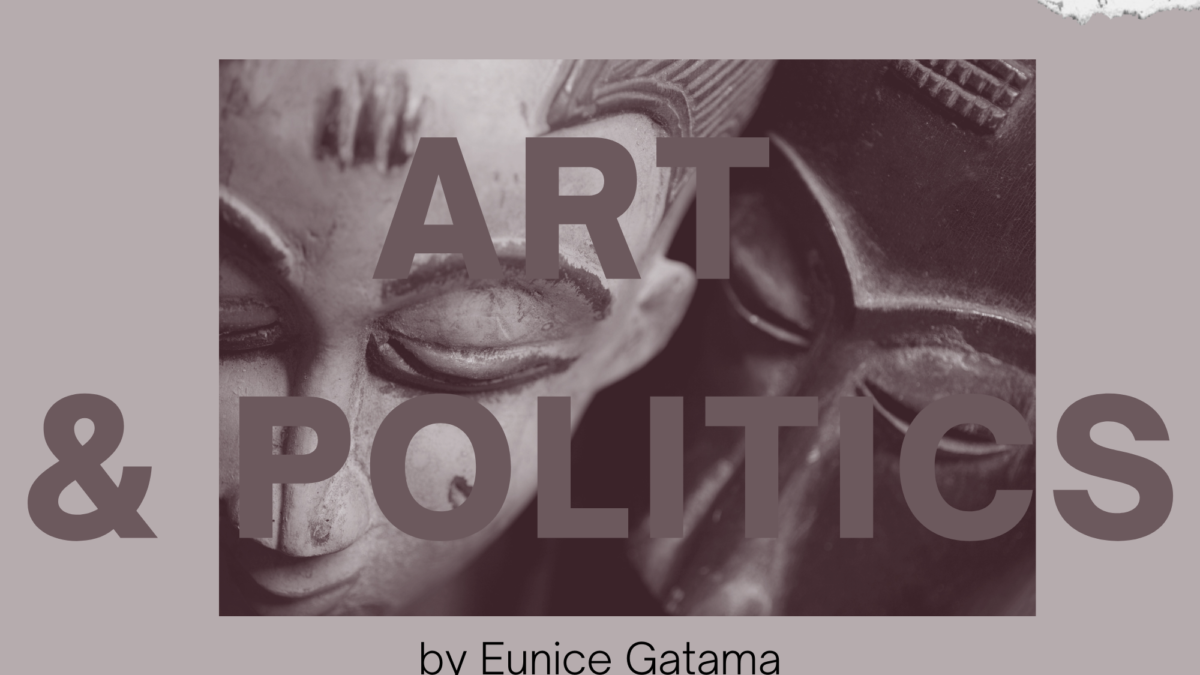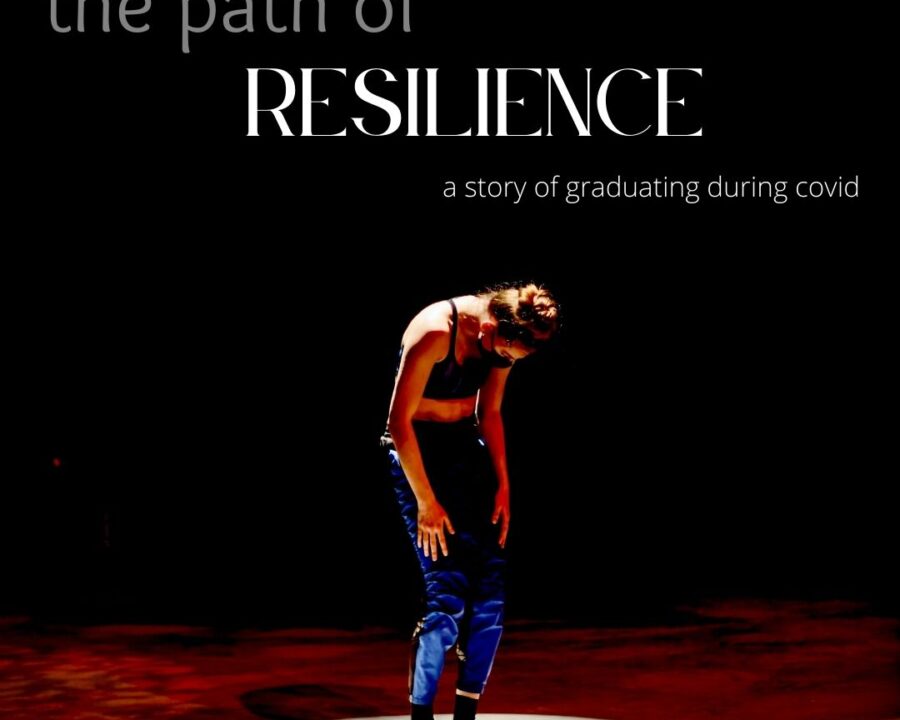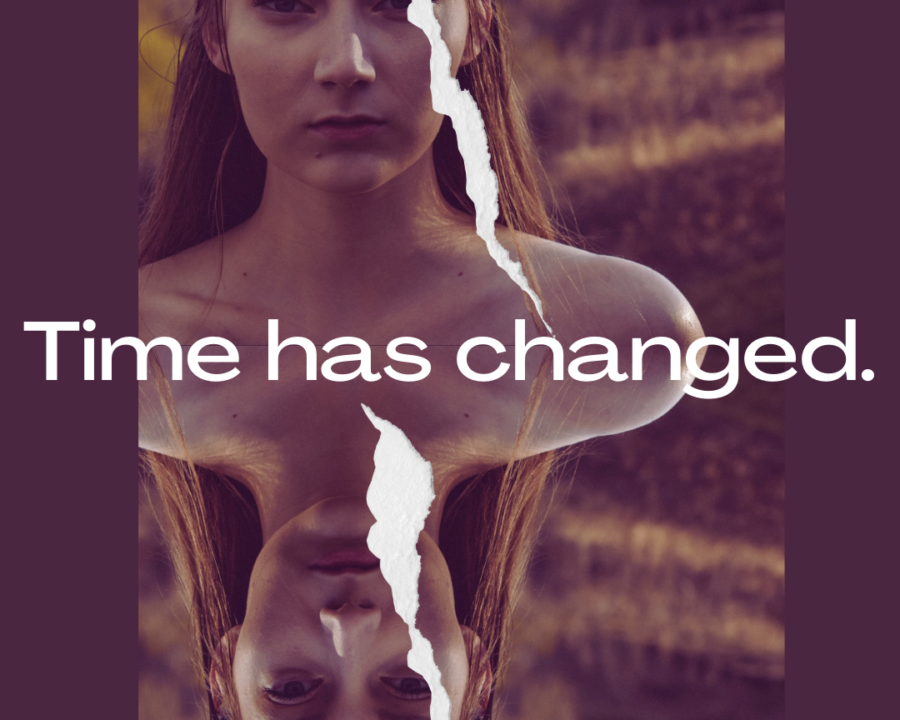
Self-Care Chapter
December 19, 2020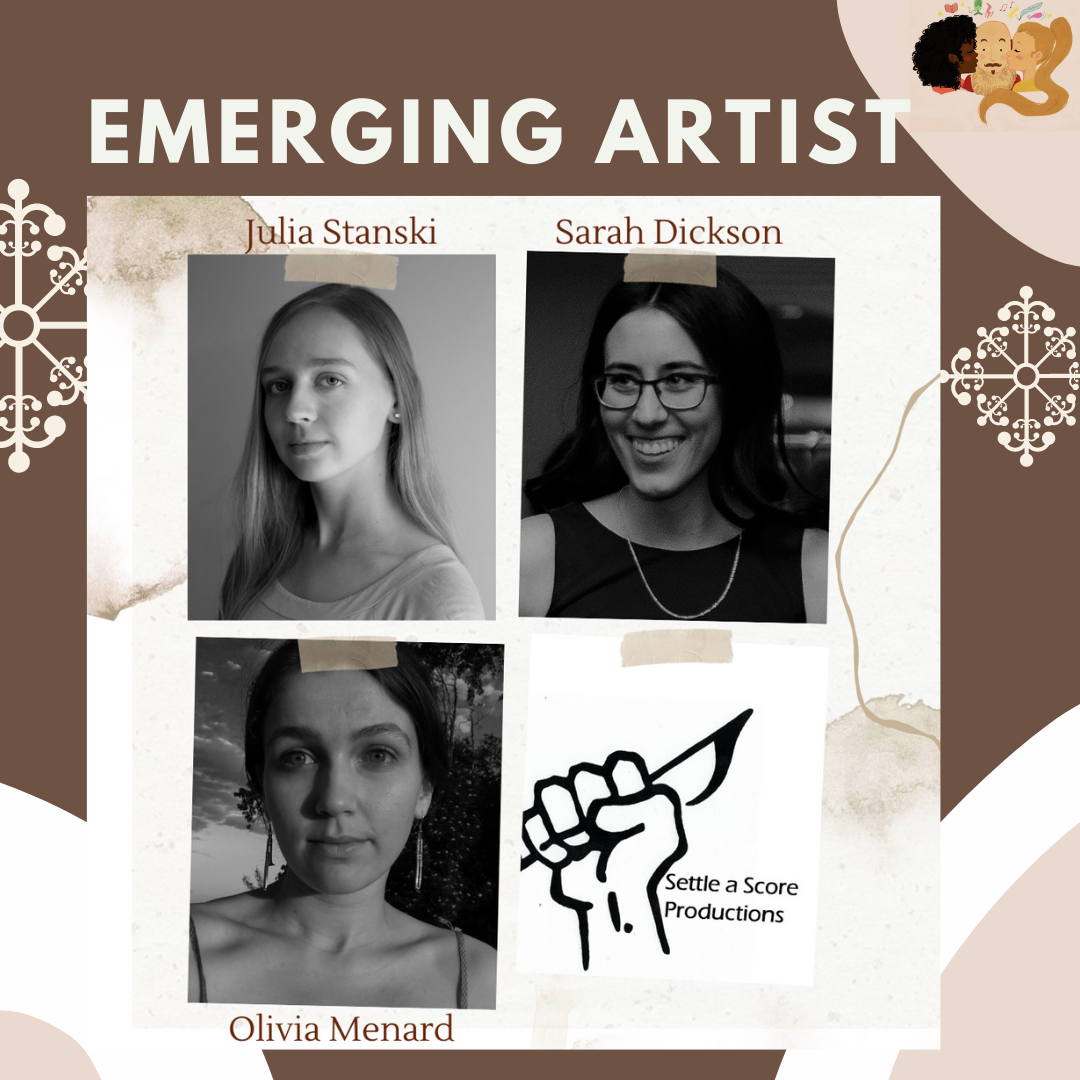
EMERGING ARTIST
January 4, 2021I wrote a Tuesday’s Tea a couple weeks back about art and politics and their intertwined relationship. Today’s conversation is very close to home, I guess. I will be talking about the motherland – Canada. No, I will actually be giving you a crash course/teaser to African theatre performances, and as I continue to learn about it, so will my readers on this blog. I am excited to share this with you, and today’s topic is focused on audience and performance relationship and what I look for as an audience member.
“A play is a blueprint of an event: a way of creating and rewriting history through the medium of literature. Since history is a recorded or remembered event, theatre, for me, is the perfect place to ‘make’ history–that is, because so much of African-American history has been unrecorded, dismembered, washed out, one of my tasks as a playwright is to–through literature and the special strange relationship between theatre and real-life–locate the ancestral burial ground, dig for bones, find bones, hear the bones sing, write it down.”
― Suzan-Lori Parks
Story-tellers
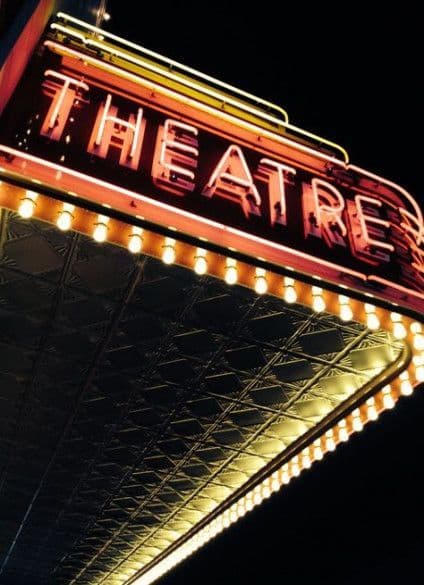
Storytellers’ role in African performance modes are to carry the past knowledge and speak it into the present. Storytellers have an essential role in shaping and informing narratives and embodying them to communicate with their audience. Story-telling in theatre, I believe, is used as an educational device for restructuring and critical thinking. The storyteller revises history through their performance. And in essence, there is a presentational element or style involved and direct engagement with the audience when it comes to African story-telling. The audience in African performance spaces are not passive spectators like conventional western theatre spaces. They are cheering on their favourite performers, jeering, and continually engaging with the world on stage, constantly breaking the fourth wall. In fact I would say the fourth wall does not exist as much in African theatre performances. There is a lot of enthusiasm and active participation with a traditional African audience and even Black audience that I absolutely love. I still remember the stark difference between my viewing of Black Panther with a full auditorium with folks from the diaspora and then watching it again at a nearby cinema without one.
I ask myself when I am a spectator, what has brought us here, and in particular what has brought these particular “people” here, what holds us here in the pews and what is the potential of the story and furthermore, did the story potentially leave me wanting to do something after the story ends? Like writing about it, wanting to watch it again, talk about it with another person, and even go as far as to ask the director (if possible) their vision of the production. Now, I am not some pretentious theatre goer who can’t enjoy simply watching a show just cause and in doing so placing more value in the experience of it all. Of course I do! But the point I am getting across is how can theatre, or story-telling encourage/instill social change. Or at least have us rethink our assumptions on certain social dynamics and issues.
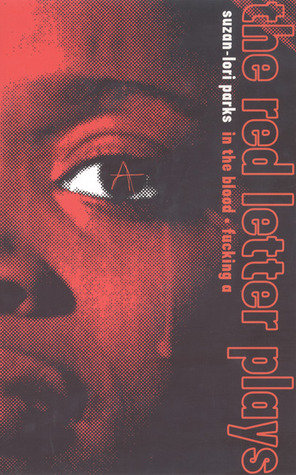
I ask myself these questions because I want to go to live performances not only for the experience but also for the message. And whether I could empathize, understand the criticism posed by the text or style, and further if I connected to it? Have you ever gone to a show and walked out wondering what the heck was that? And what was the point of it all? Yeah, I have and probably you too, and it leaves you wondering if you’d take your friend’s recommendation seriously the next time. What emerges from this reflection is whether theatre today in a social context still engages with collective action. And the concept of community intervention and participation. How often has a performance re-shaped your perspective or empowered you? Recently, I have been reading essays, listening to podcasts and reading more works and plays that take a “classics” and/or western original text like for example Macbeth by Shakespeare or Mother Courage and her children by Bertolt Brecht that were transformed or re-imagined and adapted to a different culture’s worldview and systems. The process of “making” history by re-working the stories is crucial in post-colonial dramatists works. It is a beautiful process of remembering, uncovering and uplifting cultures. And in theatre spaces not typically dominated by people of colour it is incredible to witness reworks of “classics” through the perspective Black culture or African culture and how this invites a diverse audience to engage with the texts differently and the culture presented.
Writers role in Post-colonial Theatre

I think playwrights like Augusto Boal, Bertolt Brecht, and essayist and authors such as Toni Morrison, and Helen Gilbert have an extraordinary way of criticizing and explaining the relationship between performance, literature and audience concerning political and social interventions. They all make points about the process of re-shaping the audience’s perspective or inviting them to be critical thinkers. In post-colonial drama and many African theatre explores the ways in which performative intervention is a revolutionizing effort to deconstruct systems of power and oppression as a counter-discourse. This concept of counter-discourse is present in post-colonial dramas and forum theatre, and Brechtian theatre. Counter-discourse aims to destabilize imperial constructs in literature, texts, and plays. Its goal is to diversify stories told and shared by re-imagining the stories written about communities, relationships, social issues etc.…
Reimagining theatre is an empowering movement to reclaim the narratives of Black/African indigenous bodies that were and still are painted through the western gaze. By dismantling the modes in which is culturally incorrect, historically biased, and in doing so, normalizing their indigenous performance modes in the process through song, dance, speech, text etc…The audience and performer relationship is a special bond that should continue enriching the story-telling experience. It connects to the community and allows an act of “thinking” and dialogue afterwards.
I would like to invite you to read these few texts that discuss this topic further of re-imagining. Today’s Tuesday Tea might help you write a future paper or maybe invite you to question your assumptions.
- Toni Morrison’s essay Playing in the Dark: Whiteness and the Literary Imagination (1992)
- Post-colonial Drama: Theory, Practice, and Politics by Helen Gilbert and Joanne Tompkins
- “African Brecht” by Brian Crow
- “When spectators become performers: Contemporary Performance-Entertainments Meet Needs of an ‘unsettled’ Audience” by Kurt Lancaster
- Black Theatre Workshop’s In conversation with series: https://blacktheatreworkshop.ca/whats-on/in-conversation-with-series/

